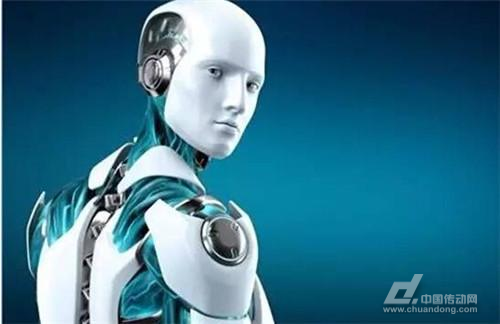In 2017, China began its journey into the development of medical artificial intelligence. AI has introduced a form of "injection-style" innovation, embedding itself deeply into various aspects of daily life. For instance, Facebook's AI assistant "M" uses machine learning to analyze conversation vocabulary and suggest relevant activities or services. Meanwhile, Chinese tech giants like Alibaba and Baidu have launched their own AI initiatives—DTPAI and Baidu Brain, respectively. These platforms enable user behavior prediction without requiring new code and offer capabilities in visual recognition, speech processing, and decision-making.

As AI continues to evolve rapidly, the medical field has also entered an accelerated phase of development. Watson, one of the most advanced AI applications in healthcare, has been commercialized and is now being adopted by top hospitals across China. These institutions are collaborating with Baiyang Intelligent Technology to integrate Watson for Oncology (WfO), which has achieved clinical success in cancer treatment. This marks a shift from the "cold weapons era" to the "hot weapons era" in the medical industry, where AI is becoming a critical tool.
According to Bai Yang Intelligent Technology, a strategic partner of IBM Watson Health in China, WfO has been deployed in 27 tertiary hospitals across 21 provinces, assisting nearly 1,000 cancer patients with evidence-based, personalized treatment plans. This demonstrates that many leading doctors are already embracing AI as a powerful tool to enhance their expertise and improve patient outcomes.
Professor Qin Shuji, vice president of Nanjing Bayi Hospital and director of the All Army Oncology Center, emphasized the growing importance of AI in oncology. He noted that cancer has become a widespread disease with rising incidence and mortality rates in China. In this information-rich era, doctors struggle to keep up with the vast amount of medical knowledge and global advancements. AI helps bridge this gap by combining the deep expertise of top oncologists with modern technology, enabling more informed and effective treatment decisions.
Data from the National Cancer Center shows that in 2016 alone, there were 4.292 million new cancer cases and 2.841 million cancer-related deaths in China—equivalent to about 12,000 new cases and 7,700 deaths per day. With such alarming statistics, the need for efficient and accurate medical solutions has never been greater.
Fu Gang, chairman of Baiyang Pharmaceutical Group, highlighted that Watson represents a shift from evidence-based medicine to cognitive medicine. While AI cannot replace doctors, it acts as a valuable assistant, much like how soldiers rely on advanced equipment. Doctors, too, seek to be fully equipped with AI tools that combine clinical experience and rational judgment, helping them provide better care and close the knowledge gap between ordinary and smart doctors.
Artificial intelligence has become a key driver in China’s medical reform. The country’s large population and uneven distribution of medical resources make AI-driven solutions not just beneficial, but essential. As AI becomes more integrated into healthcare, the industry is entering a new era of smart medical care.
Professor Jiang Zefei, a breast oncology expert at the 307 Hospital, believes AI is gradually becoming a part of everyday medical practice. He stressed that while AI may sometimes differ from a doctor’s advice, it encourages multiple perspectives, supporting more comprehensive diagnoses. Similarly, Li Na, deputy director of the Oncology Department at Hebei Medical University, sees AI as a game-changer for aligning with global standards in precision oncology. It helps doctors create patient-centered treatment plans and accelerates the training of future medical professionals.
Industry experts believe that the successful integration of AI reflects broader progress in the healthcare system. With advancements in machine learning, supportive policies, and growing consumer demand, AI is set to revolutionize healthcare. The medical industry is now firmly in the "hot weapons era," where intelligent doctors and AI-enhanced systems will drive unprecedented improvements in medical service delivery.
TM-2C Series (7"-55")
Our 2C series open frame touch displays provide a perfect solution for customers around the world who need reliable Touch Display products. 2C has excellent image clarity and light transmission, and can achieve stable, drift-free operation and precise touch response. Supporting touch technology, product size, interface (VGA, DVI, HDMI, DP), brightness and other customized services to meet the various needs of users. 2C displays are mainly used in industrial control, industrial displays, vending machines, self-service inquiry machines and other scenarios. We provide customers with industrial touch displays, capacitive touch displays, infrared touch displays, resistive touch displays and other options. Welcome to contact us for consultation. Waterproof Touch Monitor,Commercial Touch Screen Monitor,Touch Screen Monitor
HuiZhou GreenTouch Technology Co.,Ltd , https://www.bbstouch.com